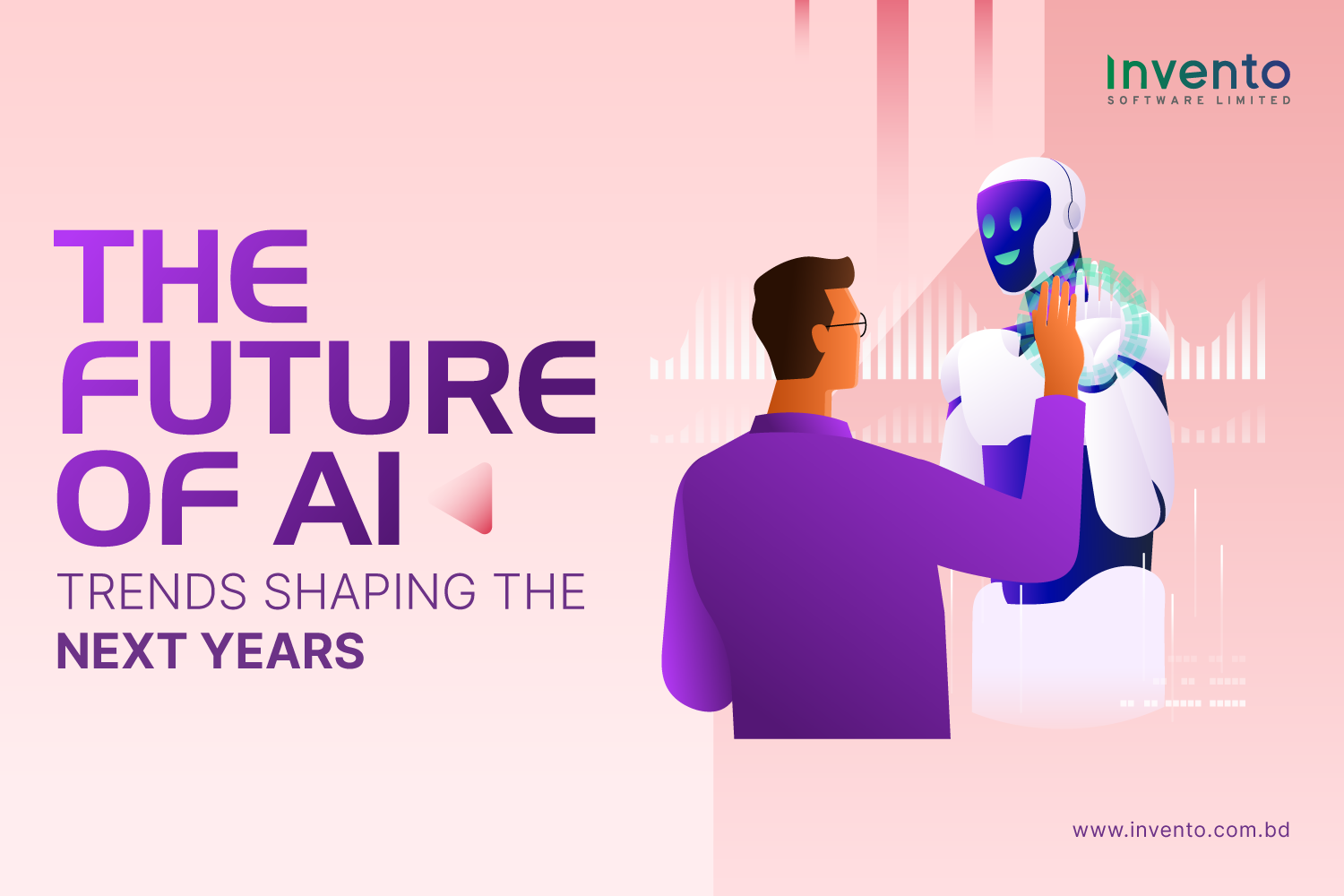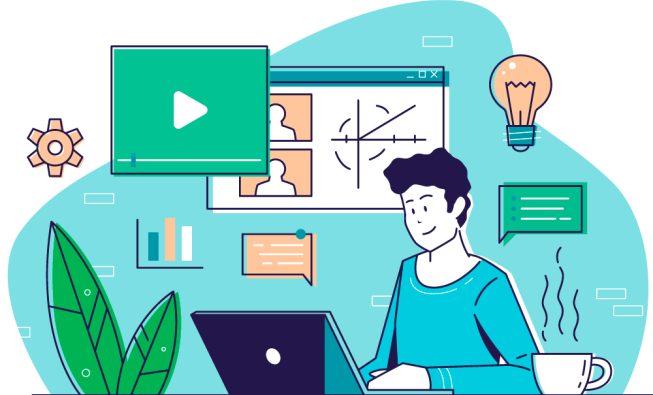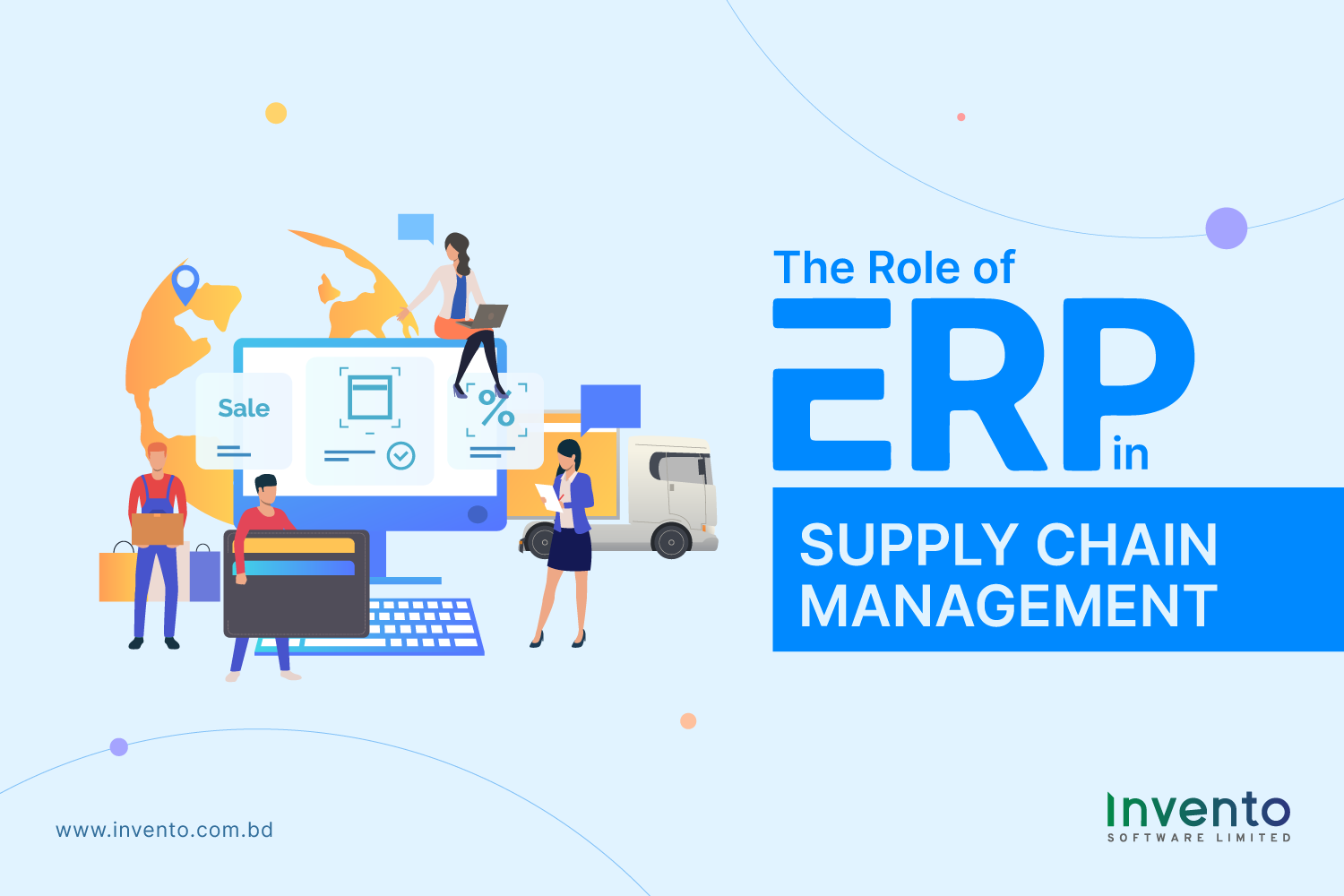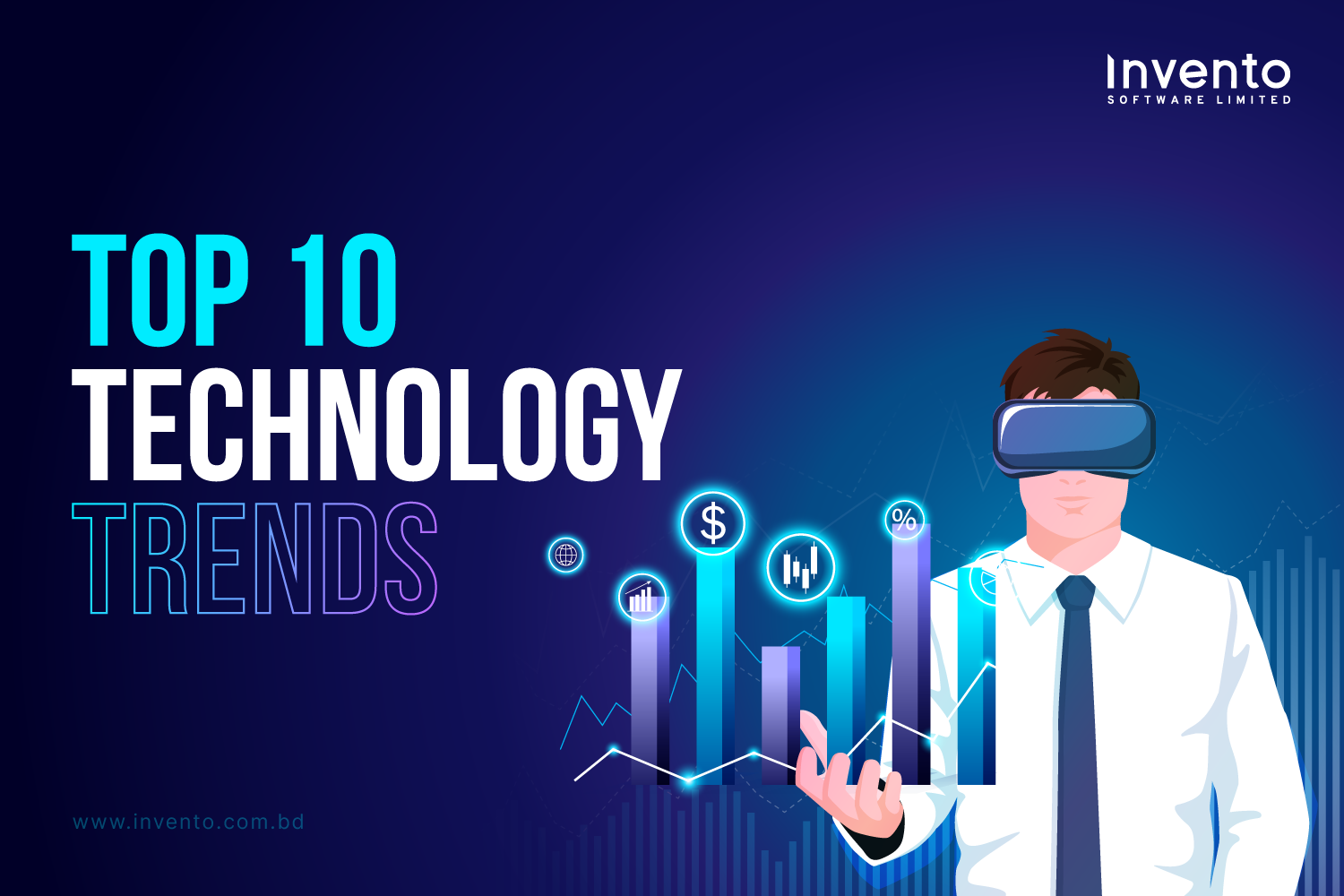Artificial Intelligence has noticeably moved from a niche research field to a mainstream driver of global transformation over the past few years. People are now realising that from smart assistants in our homes to complex algorithms, AI is genuinely touching every aspect of life. You’ll see the organizations that once treated AI as “experimental” are now completely embedding it into their core business strategies.
But do you know that the future of AI isn’t just about technology? You’ll be glad to know that it’s about how humans and machines will collaborate, how societies will adapt to automation, and how we will set ethical boundaries. In the coming years you can notice, AI won’t just support tasks. Rather it will anticipate needs, make decisions, and in some cases, act independently. This is mindblowing.
Understanding the trajectory of AI is not optional anymore. For businesses, it determines competitiveness. For individuals, it actually defines career opportunities. For policymakers, it shapes national development and global cooperation. The next wave of AI will be about more than innovation. Also, it will be about responsibility, inclusivity, and long-term sustainability. And what not!
This blog will take a deep dive into where AI is heading, the opportunities it creates, and the challenges we must prepare for. Ready to grab?
AI Today: A Snapshot
Before we look ahead, it helps to understand where we stand now. You’ll have an absolute overview.
- Rapid adoption: AI is increasingly embedded in everyday tools such as recommendation engines, voice assistants, fraud detection, and many more.
- Generative models: Tools like GPT-4, DALL·E, Stable Diffusion, and other large language/image models are constantly pushing boundaries in content creation, coding support, and design.
- Industry use cases: Sectors like healthcare, finance, logistics, and manufacturing are very nicely gaining performance boosts with AI.
- Infrastructure & compute: AI is absolutely becoming more accessible through cloud platforms, AI frameworks, and specialized hardware (like TPUs, GPUs, neural accelerators).
This foundation sets the stage for transformative change over the coming years. Sounds amazing?
Key Trends Shaping the Future
Wondering about the core trends which are shaping the world now and will be in future? Well, here are the forces and patterns we believe will dominate AI’s evolution.
More Explainable, Transparent AI
Black-box models are increasingly under scrutiny. This expects greater emphasis on explainability, interpretability, and auditability, more specifically in regulated domains (finance, healthcare, public policy).
Edge & On-device AI
Instead of sending everything randomly to centralized servers, more AI will run on-device (mobile, IoT sensors, drones). This brings real benefits in latency, privacy, and availability (offline mode).
Multimodal & Cross-modal AI
AI systems are evolving to understand and generate across modalities. Take for example, combining text, vision, audio, video. Imagine AI agents that see, hear, read, write, and reason holistically.
AI + Automation = Autonomy
Think of robotic process automation (RPA) + AI = smarter automation. Over time, systems will autonomously plan, execute, and adapt tasks. For instance, autonomous vehicles, smart factories, and supply chain bots.
Democratization of AI Tools
You can imagine pre-trained models, open source frameworks, low-code/no-code AI platforms are making it possible for non-experts to build AI solutions. This expands AI beyond specialist labs and large tech firms.
AI Governance & Regulation
As AI’s influence grows, so does the need for standards, regulation, and governance frameworks at national and international levels. This is cool right?
Breakthrough Applications on the Horizon
Let’s look at some domains where future AI could make dramatic impact:
| Domain | Potential AI Breakthrough | Impact / Use Cases |
| Healthcare | AI-driven diagnosis, personalized medicine, drug discovery | Early disease detection, tailored treatment plans |
| Education | Adaptive learning systems, AI tutors, content generation | Personalized curricula, tested feedback at scale |
| Creativity & Media | AI co-creators, virtual production, synthetic media | Faster content production, new art forms |
| Climate & Environment | AI for optimization, forecasting, monitoring | Smarter resource use, disaster prediction & mitigation |
| Finance & Economy | Predictive analytics, algorithmic policy, fraud detection | Smarter decisions, real-time risk management |
| Smart Cities & Infrastructure | AI traffic control, energy optimization, predictive maintenance | Efficiency, sustainability, better urban life |
Ethical, Legal & Social Challenges
As powerful as AI will be, many risks and challenges must be addressed:
- Bias & fairness: Models trained on biased data may propagate inequality.
- Data privacy & surveillance: How to balance innovation with individual privacy rights?
- Job displacement & workforce shifts: Automation could disrupt many job categories. How to reskill and manage transitions?
- Security & misuse: Adversarial attacks, deepfakes, AI-driven cyber threats.
- Governance & accountability: Who is liable when autonomous systems make mistakes?
- Concentration of power: AI infrastructure tends to favor large tech firms, risking monopolies and inequality.
Addressing these concerns is truly critical for a responsible AI future.
How Businesses & Individuals Should Prepare
If you’re worried about the challenges we talked about, here are some actionable strategies you need to follow:
For Businesses
- If you’re in business try to start small with pilot AI projects targeting high-impact, low-risk areas.
- You should Invest in quality data — clean, annotated, well-governed.
- You need to build multidisciplinary teams: AI engineers + domain experts + ethicists.
- Try to embrace change management — train staff, align incentives, manage cultural shifts.
- If you can monitor regulatory developments and adopt governance frameworks proactively. it ‘ll be very helpful for your business.
For Individuals / Professionals
- You need to upskill in AI fundamentals: data science, ML, model interpretability.
- Explore with cultivating domain knowledge plus AI literacy (e.g. legal, ethics, applications).
- Always stay curious & experiment with AI tools (open source, APIs, frameworks).
- Try to build cross-disciplinary capability (communication, critical thinking, domain + tech).
Final Verdict
The future of AI promises a powerful blend of opportunity and responsibility. On one hand, AI could accelerate breakthroughs in healthcare, education, climate change, and creativity — solving problems once thought impossible. On the other, you’ll see complex issues around fairness, privacy, workforce disruption, and governance.
But what’s really clear is that AI is no longer a futuristic concept; it is the defining technology of our era. The organizations and individuals who embrace it thoughtfully will not just gain a competitive edge. They will also help shape how AI is used for collective progress. Doesn’t this sound super cool?
As we step into this new era, the question isn’t whether AI will transform the world, but how prepared we are to guide that transformation responsibly. Businesses need to start small, build AI literacy across teams, and adopt frameworks that balance innovation with accountability. Professionals should keep learning, experimenting, and building cross-disciplinary skills to stay relevant in an AI-powered economy.







